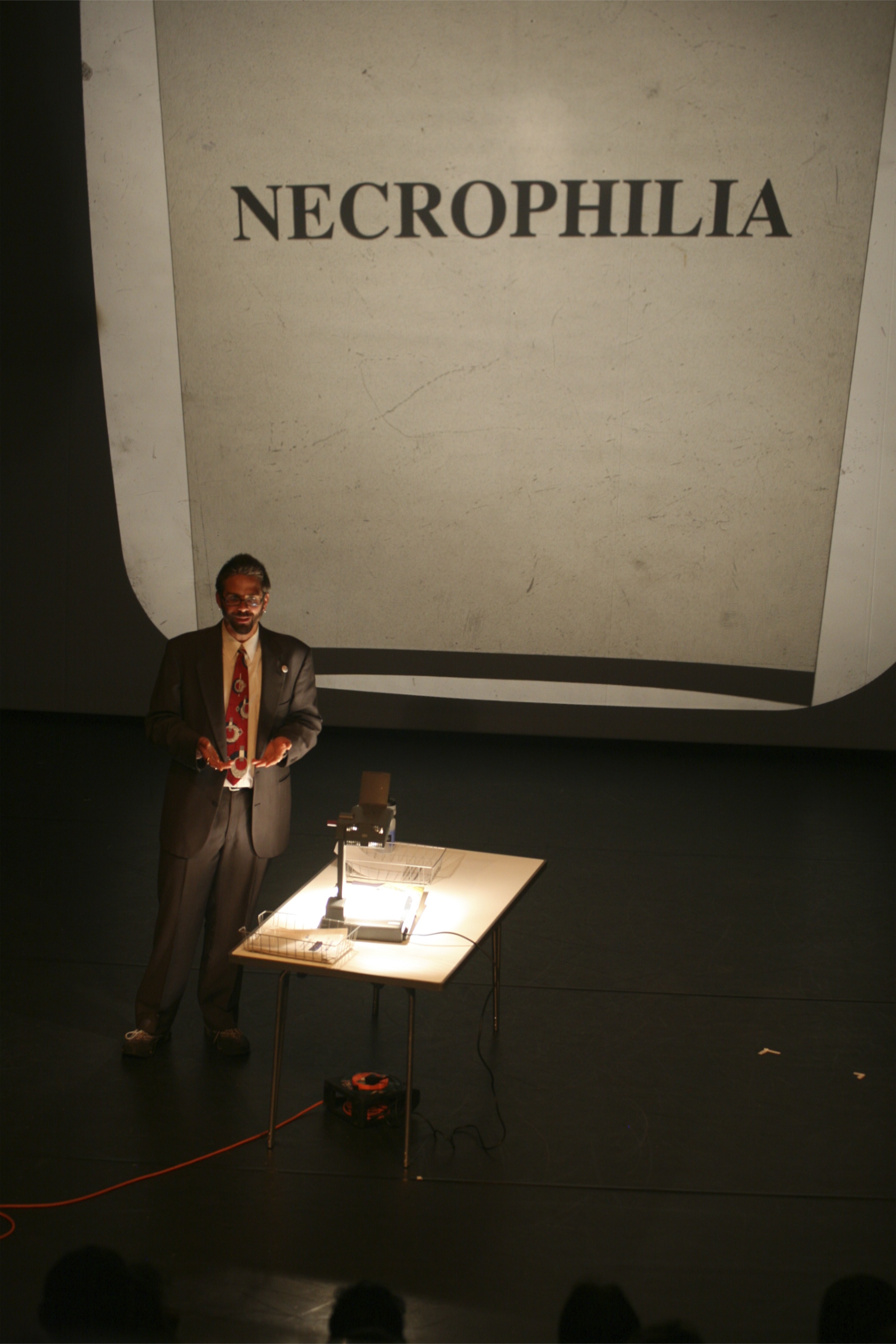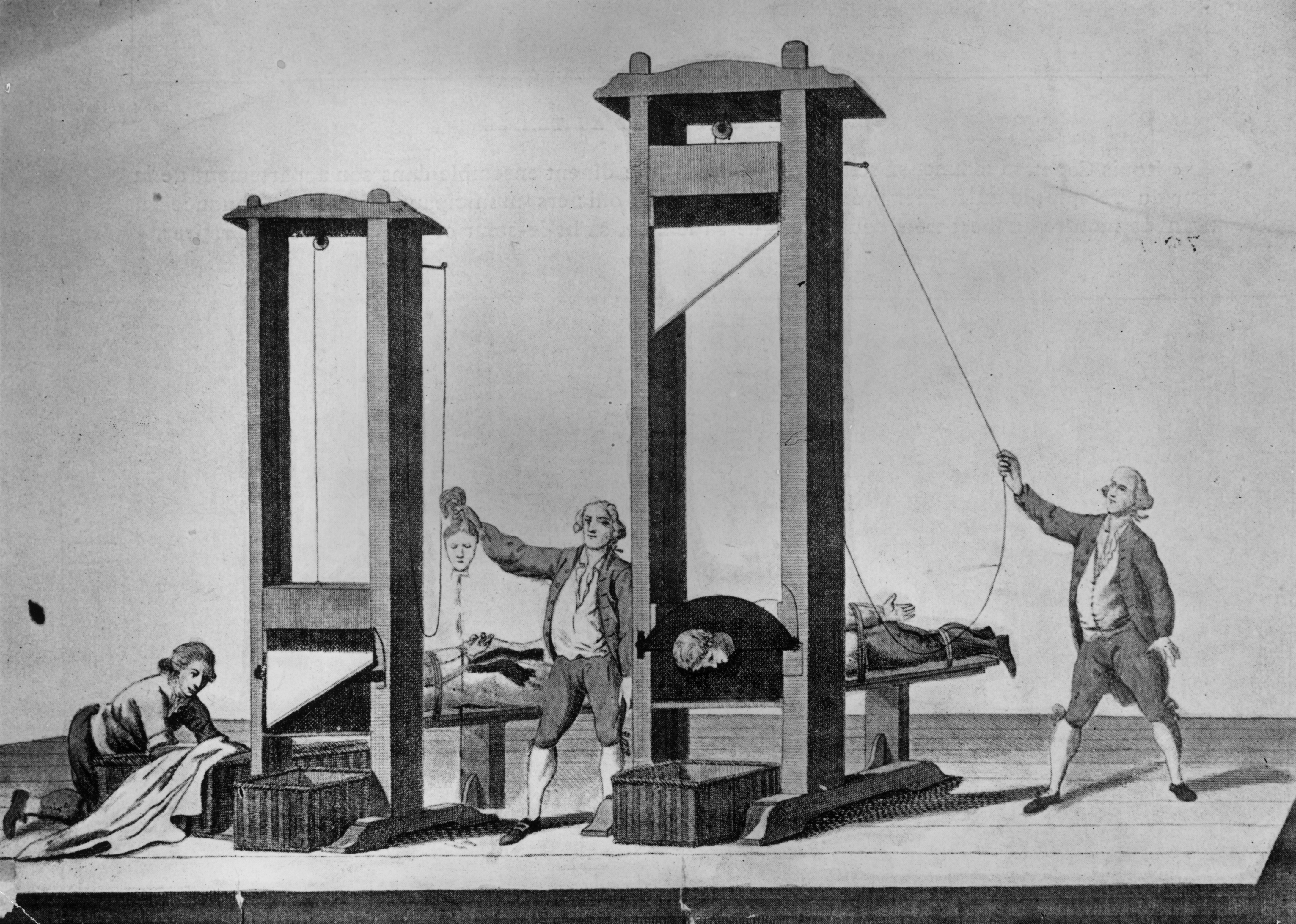2015 was a good year for death. Without much hesitation writers and editors both agreed that death topics sold copy/generated clicks so the stories kept coming all year long.
I compiled a short(ish) list of what I consider to be the most memorable critical reflections on death during 2015. It is a mix of essays, radio stories, and videos.
I created this list by asking myself what things I watched/listened to/read that really stood out in my memory. Each of these essays is worth reading. You should also listen to the This American Life radio story and watch the UK Commons debate on Assisted Dying.
It’s a bit New York Times heavy, but then I think that the Old Gray Lady really deserves credit for publishing some of the year’s best essays on death and dying. Indeed, I think everyone should be reading the NYT’s ongoing essay series on the end-of-life simply called The End.
One final 2015 highlight. In October 2015, the Bristol Museum in Bristol, England opened a remarkable and quite beautiful exhibition called Death: The Human Experience. [Full Disclosure: I was an Advisor on the exhibition] The show runs through March 13, 2016 and is FREE. I highly recommend checking it out.
That’s it for 2015. The Death Reference Desk (Meg, Kim, and John) all look forward to keeping things real and deathy in 2016.
‘The Condition of Black Life Is One of Mourning’
by Claudia Rankine, New York Times (June 22, 2015)
The murder of three men and six women at a church in Charleston is a national tragedy, but in America, the killing of black people is an unending spectacle.
Getting Grief Right
by Patrick O’Malley, New York Times (January 10, 2015)
Don’t believe what you hear about closure and ‘stages’ of mourning.
New York Times Starts New Series on Death and Dying: The End.
The Death Reference Desk (February 1, 2015)
This American Life Episode 557: Act III About that Farm Upstate
Jonathan Goldstein (MAY 15, 2015)
While it’s hard to explain to kids how babies come into the world, it might be harder to explain that people leave the world too — especially to a kid whose mom or dad or brother or sister has died. There are grief counseling centers all over the U.S. that cater specifically to children. Reporter Jonathan Goldstein visited one in Salt Lake City, The Sharing Place.
Bereavement Can Overwhelm a Student – and Support is Sparse
Louisa Ackerman, The Guardian (March 05, 2015)
Nothing can prepare you for the shock of losing someone you love. But universities ought to know how to take care of a grief-stricken student.
UK House of Commons Debate on Assisted Dying Bill
Video of Commons Debate (September 11, 2015)
The Bill seeks to enable competent adults who are terminally ill to choose to be provided with medically supervised assistance to end their own life. [Note: Click on ‘Watch Parliament TV: Assisted Dying (No. 2) Bill’ to watch the Debate].
Why ‘Natural’ Doesn’t Mean Anything Anymore
Michael Pollan, New York Times (May 03, 2015)
Whether we’re talking about food, politics or morality, we can’t agree on a definition.






